Podcast: Play in new window | Download
Subscribe: RSS
In this week’s episode, we shift our focus slightly to highlight the need for to evolve your client experience. Specifically, we look at how to understand how clients are thinking now, in order to to adapt to their changing needs and attitudes.
Takeaway Quote:
“95% of advisors said the client experience needs to evolve as a result of changing client needs and expectations… 58% said they had a clear plan in place for that change” #BecomingReferable
Show Timeline:
1:55 Discovering the need to evolve the client experience
7:35 Adapting to deliver meetings via different channels and with a different cadence
12:10 Incorporating changing client preferences into your digital offerings,
19:04 Analyzing shifting client communications
22:22 Updating personalized communication to incorporate what clients say really matters
24:34 Leveraging the evolution of your communication plan to increase referrals
27:44 Upgrading the focus of client review meetings
31:23 Creating a process to gather ongoing input from clients
Want more?
Your Client Experience Assessment and Comeback Plan
Understanding Client Needs and Expectations
Stephen Wershing:
Website: https://clientdrivenpractice.com
LinkedIn: https://www.linkedin.com/in/stephenwershing/
Twitter: @swershing
Julie Littlechild:
Website: www.absoluteengagement.com/blog
LinkedIn: https://www.linkedin.com/in/julielittlechild/
Twitter: @jlittlechild
Episode Transcript:
Steve Wershing:
Welcome to Becoming Referable, the podcast that shows you how to become the kind of advisor people can’t stop talking about. I’m Steve Wershing. 95% of advisors in a recent study reported that something needs to change about the experience they deliver clients. And only 58% have a clear plan on what they intend to change. Those are just a couple of findings. From new research released by my podcast, cohost, Julie Littlechild. Changing environments like we have now translate into changing client needs and attitudes. And your experience needs to conform to that if you’re going to stay relevant. The use of digital communications, for example, in the client experience you provide, advisors are using a lot more electronic communication, not only to talk with clients, but to market themselves, they’re using more social media. Julie and I discuss why we believe your firm needs to deliver a more personalized experience to remain relevant and more importantly, stand out from other advisors.
We discuss strategies for how to change the client experience. We talk about the effect this all has on the scope of your offer. And then we tie it back to how to get client feedback, to help you tailor the experience. Finally, of course, we discuss how all this translates into adjustments you can make to your referral marketing program. It’s a particularly timely episode. I hope you enjoy it. So here now is my conversation with Julie about evolving the client experience through client feedback.
So, Julie, today we’re going to be talking about the evolution of the client experience and how, what kind of an impact that has on referrals. So why don’t we start with a big question and that’s, how do you think the client experience will need to evolve going forward?
Julie Littlechild:
It is a big question to start with.
Steve Wershing:
It’s a big question. Start with the big stuff. Right, exactly.
Julie Littlechild:
If I could answer that, it would take all day.
Steve Wershing:
42, that’s the answer.
Julie Littlechild:
It’s 12. So I think, there’s a number of probably trends that we need to look at. And it’s really interesting to me that we’re thinking about this so much because it’s 2020 and we’ve gone through what we’ve gone through. And yet, as we all know, we should always be thinking of this stuff as like, it’s almost as if it didn’t evolve before and now we’re being forced to look at this.
Steve Wershing:
Right. Yeah, exactly.
Julie Littlechild:
But, I would say a few things as we look at it. First of all, that I think the client experience needs to be truly reflective of stated client needs and concerns and aspirations, and maybe in a way that it’s never been before. It’s evolved. And we’ve really got to understand how that evolution of expectations and needs and concerns should impact the experience. And maybe part and parcel of that is I think that we need to look very closely at personalization, right?
Gone are the days of the generic offer and generic communications that are okay for everyone. If we’re going to understand needs at the client level, then I think everything that we do needs to reflect what clients say is important. I think digital is an obvious one. We can’t get away from that. We’ve seen amazing strides in that, but it’s a big part of it. And yeah, in general, I think we should always be asking this question, but it’s good that we’re doing it now. How about you? What do you think has to change?
Steve Wershing:
Yeah. I think you’re right, and I agree with you. And I think that a couple of things have gotten together to accelerate that. One is as you point out, digital communications. And so now it’s a lot easier and a lot more advisors are using platforms to get messages out. But I think that also runs the risk that a prospective client who’s evaluating different advisors could get the same exact message from two or three or four people. And I spent a lot of time talking about niche and creating that unique experience. And if what you send a client, they get from two or three other people, that whole idea is going to blow right up.
And I think that’s compounded by the idea of what we’ve gone through tis year. So we have more digital communications, we’ve got more advisors using more social media. And then with the pandemic, we have more clients who were engaging with their advisors more electronically and virtually. And so they’re probably more open to that kind of thing. So it’s more and more important, as you said, to really personalize the communication, personalize everything and make sure that you are communicating something unique that communicates with that specific client that you want. So in terms of this experience, I think you’ve just recently done some work on that kind of thing, right? You’ve done some looking into the client experience.
Julie Littlechild:
We started this assessment tool, in fact I’ll put a link to it in the show notes, where it was just designed to help advisors think through what needs to change. But we looked at the preliminary results of that. And I thought it was really, really quite interesting. So this is just advisors responding about their experience. And the first thing that jumped out at me is this there’s violent agreement across advisors that something needs to change. So 95%, you don’t usually see stats like that.
Steve Wershing:
Wow, really?
Julie Littlechild:
95% of advisors said the client experience needs to evolve as a result of changing client needs and expectations. So I think we’re in agreement there. What interesting as we dug in, and we can talk a little bit about some of the data. It’s a smaller sample, but significant and I suppose.
Steve Wershing:
Yeah, yeah.
Julie Littlechild:
Was the gap between what I know you and I believe is important, which is understanding what clients think about that change and the need for change. So for example, 95% needs to change. 58% said they had a clear plan in place for that change. And 56% said they understand how client needs have changed. And I might argue if it’s even 56, but you start to see that big gap right, where we might let assumption drive the day. And so, I guess the big learning was that things need to change. And then we tried to get a little more granular from there in terms of the specifics.
Steve Wershing:
Right. Yeah, yeah. And that is amazing because I can’t even imagine 95% of a response to a survey saying anything.
Julie Littlechild:
Anybody.
Steve Wershing:
But yeah, so we’ve got 95% who say it needs to change. And then we’ve got about half of the people saying that they believe they understand how it needs to change. And you and I, like you were referring to how much of them actually understand. And we get that that 56% thinks they know how it needs to change. But let’s dig into that a little bit. So do you have any ideas from that survey, from that research, about how they might change the experience?
Julie Littlechild:
So we structured it. So I suppose, survey design influences obviously the results. We honed in on certain areas that we thought would be impacted. And I think that advisors agreed that they were all impacted to a greater or lesser extent, but what we were looking at was the fundamentals of client experience. So how often do clients want to meet? How do they want to meet? Is it virtual? That sort of thing. We looked at the use of social media and whether that was changing. We talked about the types of client communications and we looked at how the needs of clients might change and the influence that might have on things like the client conversation and so forth. So those were some of the key areas. I think there’s some nuance in there, but we started with a pretty obvious one, which was frequency. Are you seeing anything on that when you think about the need for the frequency of contact to change?
Steve Wershing:
Well, we see that it goes up and down depending on what’s happening in the environment. I think on one level, as this pandemic continues on, we see, and this is not in financial services, this is just generally, but we see people’s general level of anxiety going up and their level of stress going up. But for a lot of people, it’s not really even focused. It’s just this underlying feeling. I go biking on Wednesday mornings with a friend of mine and he was saying, “I go into Home Depot or I see something online. I find myself just really getting worked up about something,” which is really unusual for him because he’s a really calm guy, and friendly and optimistic.
But he was, he was saying that it’s just really ramped up. And I was talking with my cousin who is a dentist, and at one point I had had some pain in my jaw and he was saying, “Well, it sounds like you’re grinding your teeth at night. That’s what will give you that feeling.” And I said, “Oh, okay.” And he said, “And don’t feel unusual about that,” because he said, “You can’t believe the number of people that are coming in, they’re actually cracking their teeth because they’re grinding him so bad.” So with higher levels of anxiety, I think people need more reassurance and more frequent contact. And then of course, I think that there’s a reasonably good chance that over the next few months, we’re going to have some more market volatility.
And of course, whenever market volatility goes up, people need a lot more contact. So I think that that will always be fluctuating up and down, but I think the likelihood is that in the near term, there’s a really good chance that we’ll need to keep in touch with people more frequently. And of course, now that we’ve got clients oriented to communicating with us in different ways than they were before, multiple ways, that facilitates that and if it’s easier for them, then I would imagine that they might want it more. And so, did your research talk about how people communicate the different channels, the people can commute?

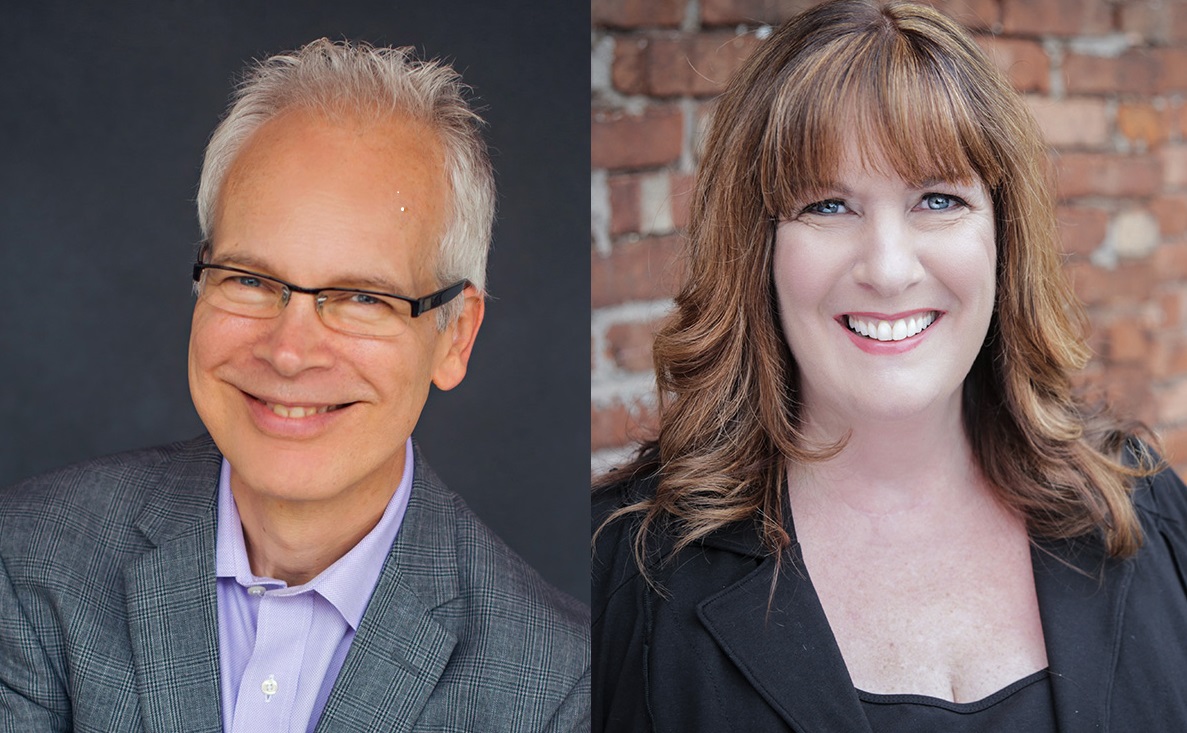
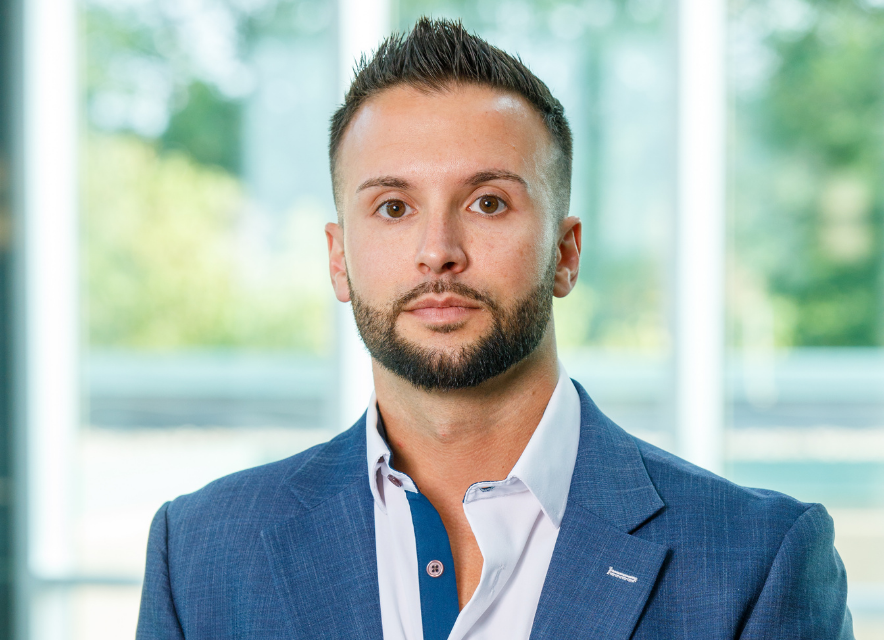
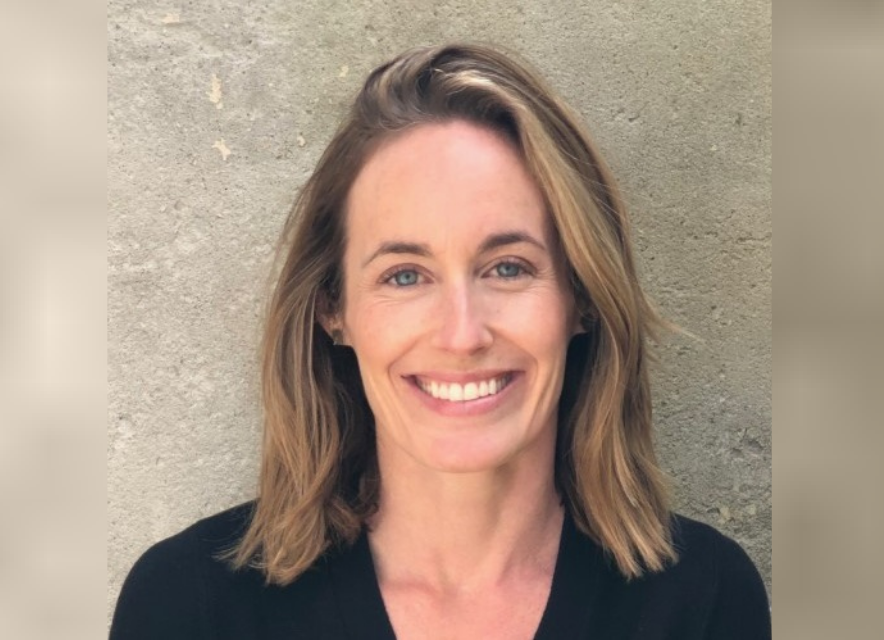
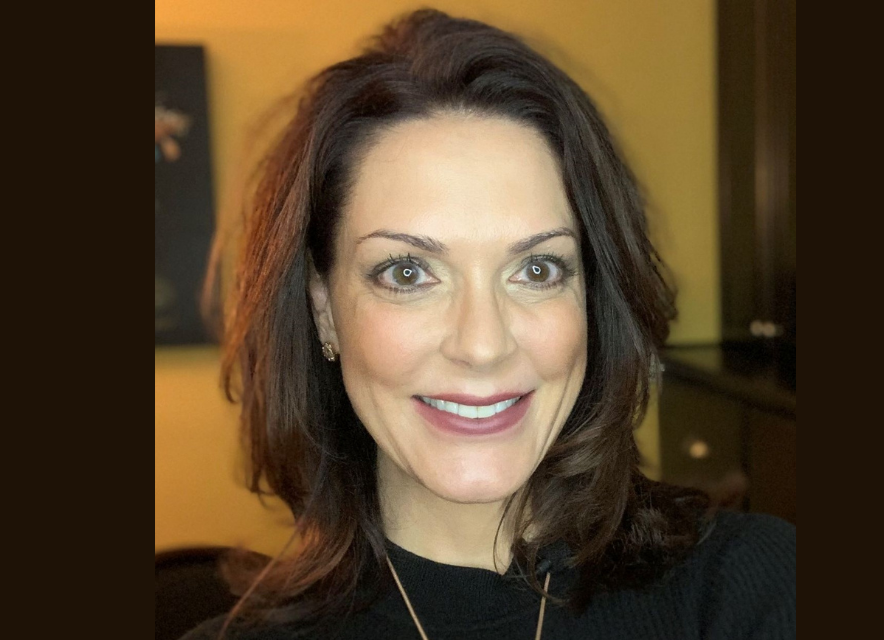
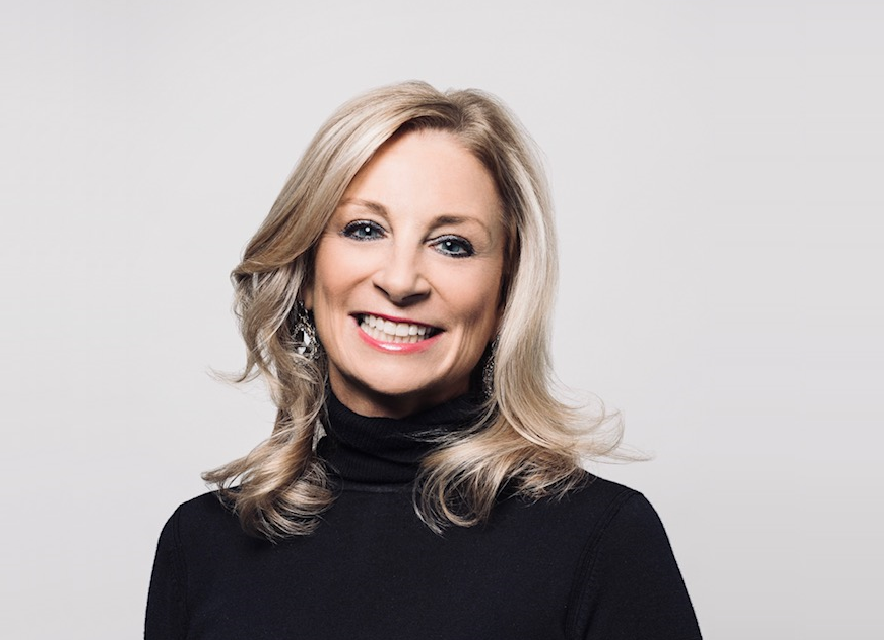
Leave A Comment